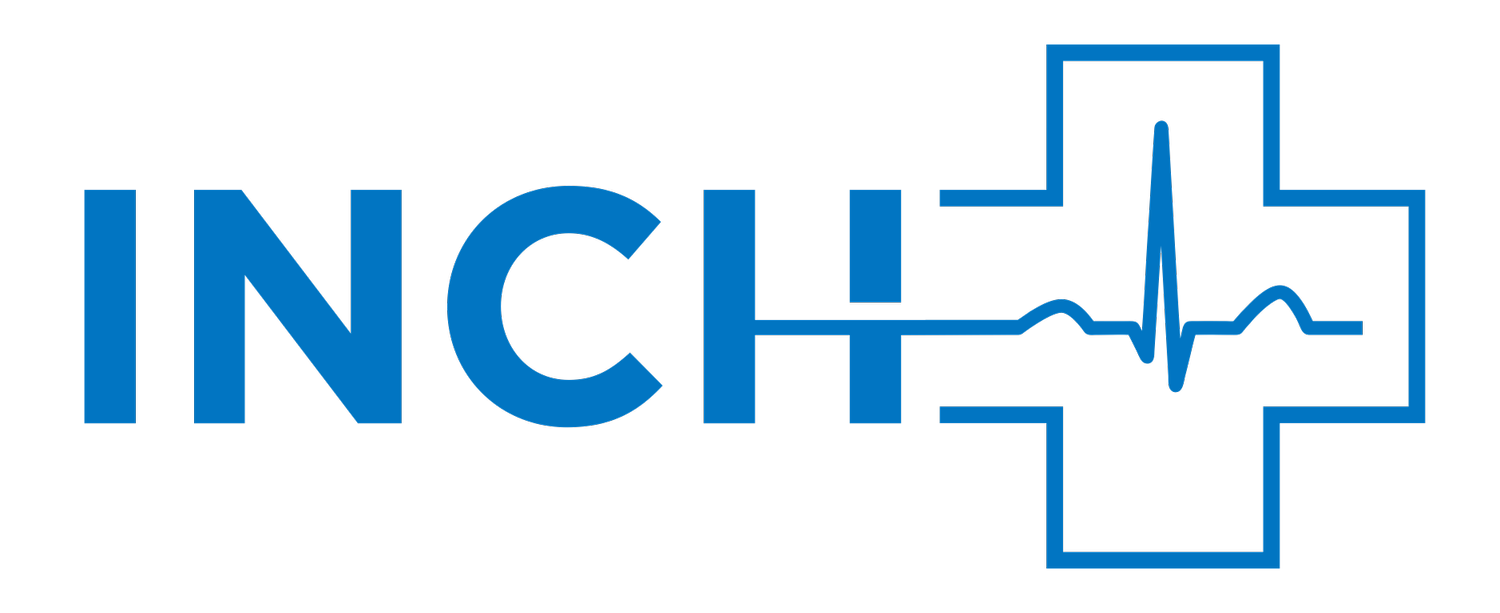
Medical education
Elective Course "Digital Health” including a Mini-Hackathon
Digitalization is changing our society permanently. In all its facets, it is influencing our lives - and thus also the healthcare system. It represents a process that holds not only opportunities, but also challenges and risks. Visions of the future range from huge amounts of data for research to precise and rapid access to expert knowledge. But digitalization is struggling in the healthcare sector - especially in Germany.
In our elective course "Digital Health" at Charité - Universitätsmedizin Berlin, we shed light on the state of digitalization in medicine and healthcare. As part of this curriculum, which is unique in Germany, participants can expect both an all-round look at where digitalization has already reached everyday clinical practice (e.g. data management, online video consultation, DiGAs, wearables, etc.) as well as in-depth coverage of relevant topics (e.g. legal framework) and outlooks (e.g. decision support software, robotics in operating rooms, virtual/augmented/mixed reality).
The course is also accompanied by a mini-hackathon in which teams address a challenge in patient care and develop a solution with their own creative inventions.
LeKIM: Learning opportunities on the topic of artificial intelligence (AI) in medicine
The use of artificial intelligence (AI) in medicine holds great potential for diagnostic and therapeutic efficiency in all stages of patient care. Given the increasing application and implementation of AI in medicine, the development of AI competencies for medical professionals is essential. For the project AI-Campus („KI-Campus – Die Lernplattform für Künstliche Intelligenz“), funded by the German Federal Ministry of Education and Research (BMBF), we conducted a study on learning opportunities for AI topics in medicine together with the Institute for Medical Informatics and the Dieter Scheffner Center for Medical Education and Educational Research at the Charité - Universitätsmedizin Berlin.
The aim of the study was to compare the current state of and demand for teaching programs on the topic of artificial intelligence in medicine. Furthermore, we identified gaps in demand, implementation hurdles in education and training as well as solution strategies.
Our very enlightening findings can be read in full here (unfortunately only in German). The trade press also reported on the exciting results.


